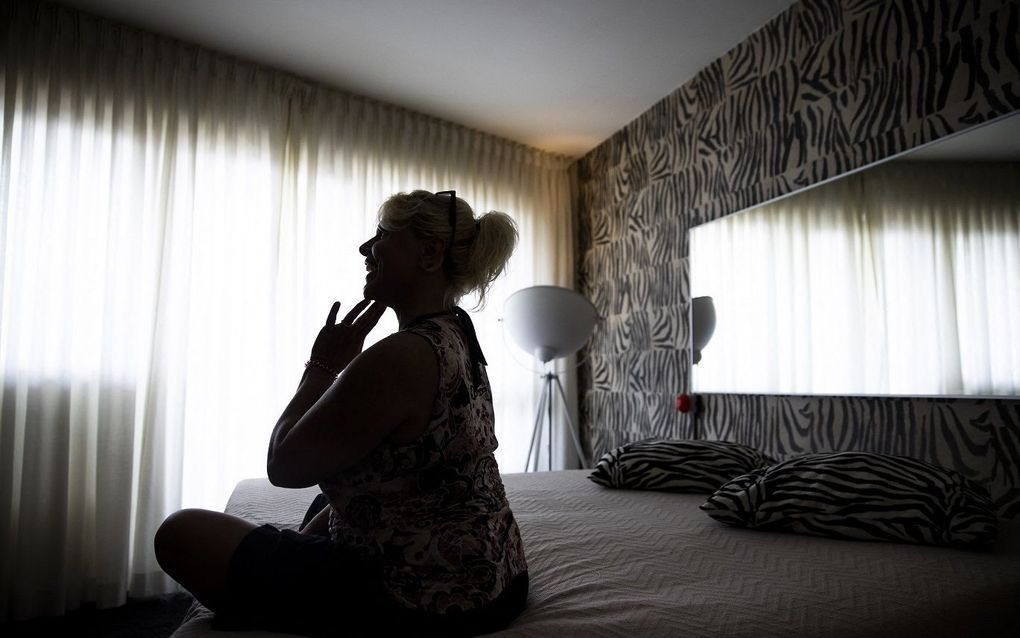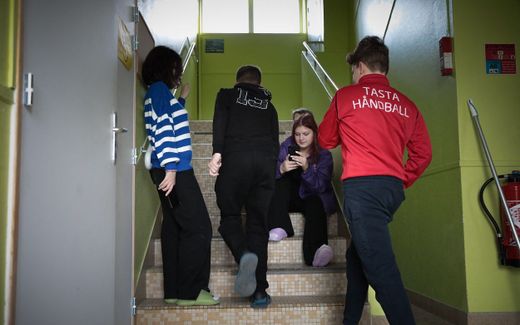Prostitution: European parlementarians call for controversial measure

According to MEPs on the committee, prostitution exists because there is a demand for it. That is why they favour the Nordic model. Photo AFP, Odd Andersen
European Union
European politicians want to further roll out the so-called Nordic model in Europe to combat prostitution. But whether it will really help women remains to be seen.
To combat prostitution effectively, different countries within the European Union should have the same legislation in this area. That is what the Committee on Women's Rights and Gender Equality says in an adopted draft report on prostitution within the European Union.
The report speaks about prostitution. Not sex work. According to the report's rapporteur, German Ms Maria Noichl, prostitution is a form of violence against women. In addition, she believes that sex work cannot be compared to a normal job because "it is not a free choice". In addition, legal prostitution "has built an infrastructure to hide human trafficking."
As a solution, the report offers the so-called "Nordic model". Clients and third parties (pimps or managers) are criminalised in that model, while the women's work remain legal. This system caused a sharp drop in street prostitutes in Scandinavian countries such as Sweden and Norway. That is also where the name comes from.
Violence
But that model is not without its critics. As CNE previously reported, women in the sex industry face more violence and stigmatisation when a country institutes the Nordic model. For instance, one prostitute argues that this model makes her work more dangerous because clients only want to meet in deserted places. And when violence is used, many prostitutes do not dare to alert the authorities.
So is full legalisation a better alternative? An article from the German magazine Der Spiegel last week showed how that worked out in Germany. The so-called Prostitution Act was introduced in 2002, legalising the practice.
The results of this law have been meagre. In the first five years after the law came into force, the situation of prostitutes hardly improved. Currently, according to Der Spiegel, some 250,000 prostitutes are working in Germany, 23,700 of whom are registered. Almost none of them have social security. According to the German magazine, the law was a "fatal mistake, as the brutal reality on the streets and in brothels shows."
Demand
According to MEPs on the committee, prostitution exists because there is a demand for it. That is why they favour the Nordic model. The report calls for measures to be taken at the European and national levels to stop cross-border practices.
The European Parliament will vote on the report in September.
Related Articles








